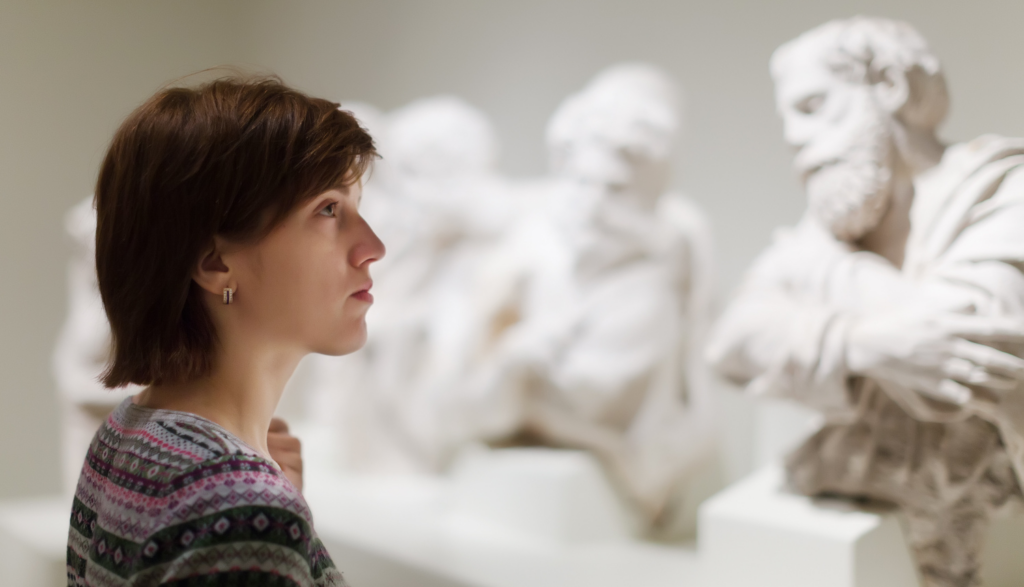Pythagoras, the ancient Greek philosopher and mathematician, is celebrated for his contributions to geometry, particularly the Pythagorean Theorem. However, his legacy extends far beyond mathematics and into the mystical world of numerology, where numbers are seen as more than mere quantities—they are symbols of universal truths and cosmic principles.
Numbers as the Fabric of Reality
For Pythagoras, numbers were not just tools for counting but the essence of all existence. He believed that the universe was constructed according to mathematical principles, and every phenomenon could be explained through numbers and their relationships. This idea formed the basis of his philosophy, which emphasized the interconnectedness of all things.
Pythagoras and his followers, known as the Pythagoreans, viewed numbers as having intrinsic properties and meanings. For example, the number 1 symbolized unity and the origin of all things, while 2 represented duality and opposition. The number 3, often considered sacred, signified harmony and completeness. These associations gave rise to the idea that numbers could explain not only the physical world but also spiritual and metaphysical realities.
The Harmony of the Spheres
One of Pythagoras’ most intriguing concepts was the “harmony of the spheres.” He proposed that celestial bodies like the Sun, Moon, and planets moved according to mathematical ratios, creating a symphony of vibrations imperceptible to human ears. This idea linked music, mathematics, and the cosmos, reinforcing his belief that numbers governed all aspects of reality.

The Birth of Numerology
The symbolic significance Pythagoras assigned to numbers laid the groundwork for what we now call numerology. Numerology is the study of how numbers influence personality, destiny, and the natural world. It involves assigning numerical values to letters, names, and dates to uncover hidden meanings and patterns in life.
Related: The Power of Root Numbers: Building Stability in Every Area of Life
Pythagoras also explored the mystical properties of numbers through what is now called “numerical reduction,” where multi-digit numbers are reduced to single digits by summing their individual digits (e.g., 27 becomes 2 + 7 = 9). These single digits were thought to carry unique energies and meanings, providing insights into personal and universal truths.
The Modern Impact of Pythagorean Ideas
Although numerology has evolved over centuries and incorporates ideas from various cultures, its roots remain deeply tied to Pythagoras and his philosophy. Today, numerology is used as a tool for self-discovery, offering guidance on life paths, compatibility, and personal growth. Many of its practitioners draw on the Pythagorean belief that numbers hold the key to understanding the underlying order of the universe.
Pythagoras’ contributions remind us of the profound interplay between mathematics, philosophy, and spirituality. His vision of a mathematically ordered cosmos continues to inspire those seeking to unravel the mysteries of existence. By bridging the gap between science and mysticism, Pythagoras not only shaped the foundations of mathematics but also illuminated the timeless connection between numbers and the divine.





















